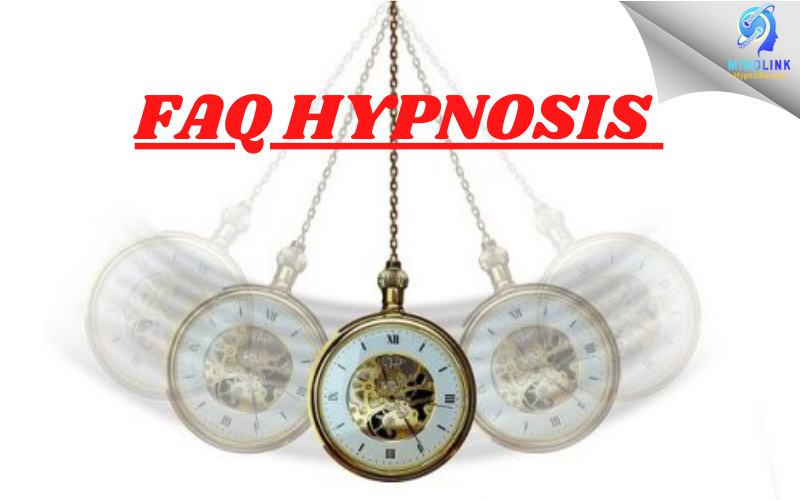When performed by a qualified hypnotherapist, hypnosis is typically a safe therapy. On the other hand, trance induction is not without risk since it might trigger negative connections, ideas, sensations, and memories. As a result, when negative repercussions do arise, they are almost often the result of hypnosis being misused or by health care practitioners who aren’t adequately educated. Safe hypnosis takes place in environments where qualified and competent hypnotherapists can ensure that proper follow-up is provided if necessary. FAQ hypnosis in Bribie Island can help you know about it straightforwardly.
It is carried out when a context-appropriate intake examination has been completed, and the client’s informed permission has been gained. Anyone who is actively psychotic, schizophrenic, profoundly borderline, strikingly dissociated, and people with specific unstable medical problems that harmful emotional states might dramatically intensify are not candidates for safe hypnosis.
Furthermore, safe hypnosis is not used on clients who are very intoxicated, inebriated, high, or under the influence of drugs. The hypnotic environment may enhance the possibility of engaging in inappropriate, risky, high-risk, or harmful conduct.
Frequently Asked Questions about hypnosis in Bribie Island-
- When it comes to hypnotism and hypnotherapy, what’s the difference?
The method of induction is the same in both cases. In other words, hypnotising someone entails facilitating a state of dissociation. This is what is referred to as hypnosis up to this point. Therapy begins when instructions are provided to change unwanted thoughts, feelings, and behaviors while in hypnosis — therefore, the word ‘hypnotherapy.’
- What kinds of situations do you have to deal with?
Professionals, I must say, mainly deal with customers who come because they are stressed, worried, or depressed, and many people who want to lose weight (emotional eating). Experts deal with a wide range of conditions, but most of them are simply symptoms of the conditions described above. Depression, like obsessive-compulsive disorder, is caused by excessive worrying. When someone is stressed at work, they are genuinely expressing worry (anxiety), and the body’s natural adrenal response activates a fight or flight response (i.e. the adrenal response). Even with quit smoking services in Beachmere, we are specialists.
- What are some typical hypnotherapy misconceptions?
When people are hypnotized, they typically believe they are asleep or lose control in some way, such as being forced to clack like a bird. This isn’t correct. In most cases, the client retains control and knows what the hypnotist says. However, I do have means of demonstrating to the client that there has been a shift in attention. During a session, I frequently utilize it to help the client realize that their consciousness has transformed somehow.
- What does it feel like to be hypnotized?
Hypnosis can be experienced in various ways depending on the person being hypnotized, as well as the sort and aim of the technique, although it can generally be described as a profound state of active relaxation. Systematic efforts have been made in the past to describe the claimed alterations in consciousness that occur during the hypnotic state. Comparisons to sleepwalking were made in the early reports of hypnosis. Patients typically report improved positive affect, increased sensations of vitality, more relaxation, and better stress management in their life after listening to self-hypnosis cassettes, according to more recent and thorough scientific analyses of the hypnotic state.

